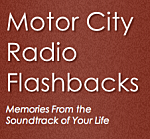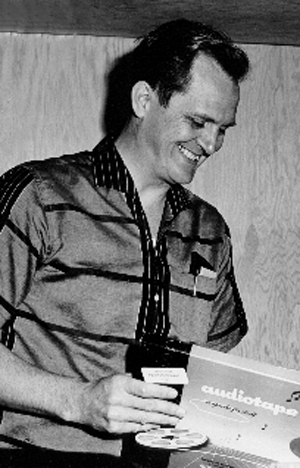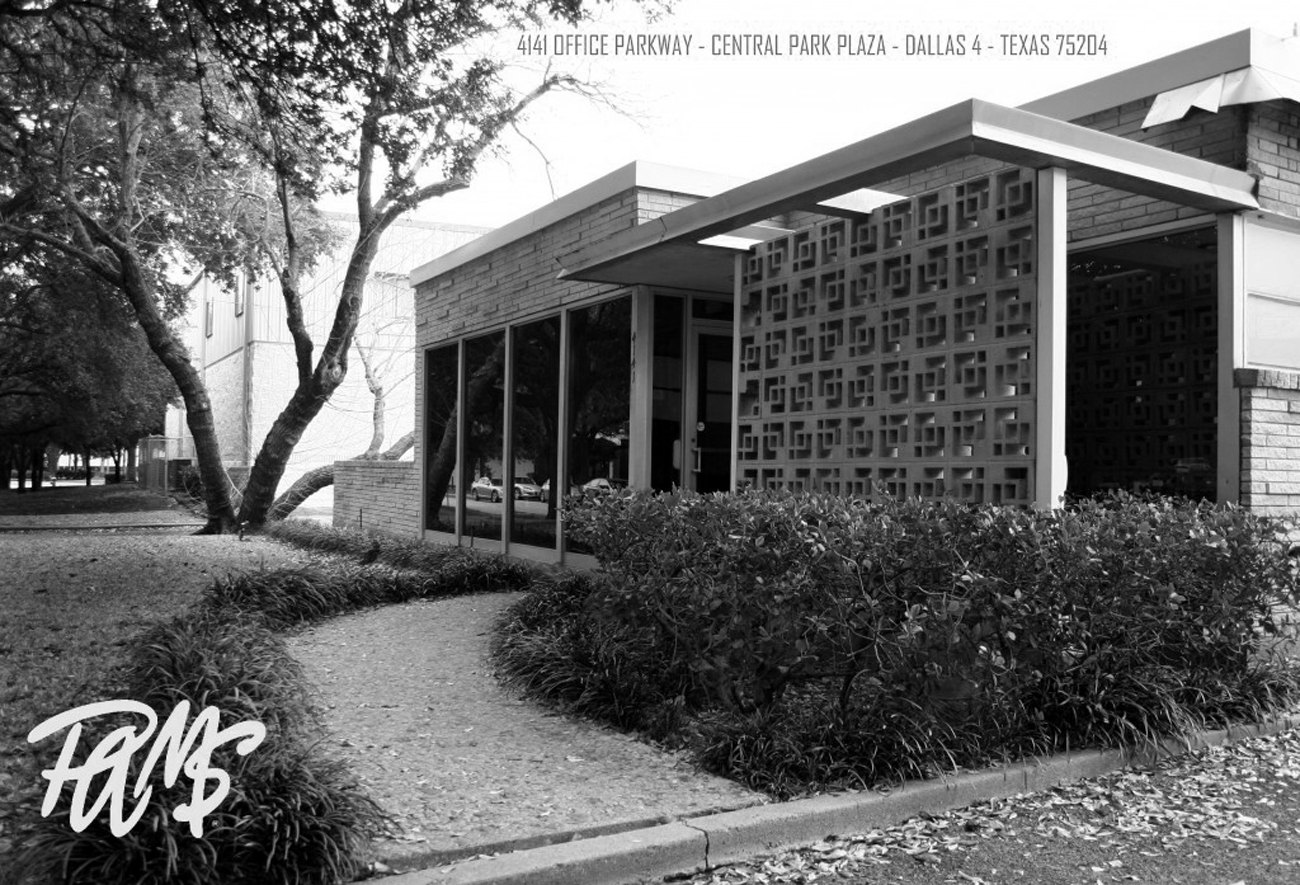 From the MCRFB news archive: 1967
From the MCRFB news archive: 1967
Meek Gave Top 40 Radio Its Identity
Dallas — Bill Meeks, Pams’ President, didn’t invent top 40 radio, but it’s quite likely that top 40 radio wouldn’t be where it is today if there hadn’t been a Bill Meeks. Meeks helped give top 40 radio its zing . . . its identification.

Meeks, a musician at home on saxophone, clarinet, of flute, got into the jingles-producing business while serving as air personality and salesman with KLIF here in 1947 . . . “the first jingles I ever heard of,” he said. He remembered one of those jingles as slashing on TV: “No worn-out old-time movies, no picture tubes to fail . . . ” It should be pointed out that Gordon McLendon, head of KLIF, was one of the pioneers in top 40 radio.
When Meeks began selling some of his jingles to other radio stations, “an odd thing began to happen. These stations began to climb in ratings.” In 1951, Meeks started Pams.
That first year of business, Pams did $300,000 worth of business. Meeks expects to close out 1967 with more than $1.5 million in business. Some of these will be new logos for all four of ABC’s new networks. Meeks was in town last week working on the project. In addition, he is branching out of the pop music field to also specialize in R&B and country music formats. Pams tailored the jingles used on WVON (R&B) in Chicago; the station climbed to No. 1 in a recent general Pulse audience survey and, as Meeks put it, “We were there when it happened.” Meeks is also going into the TV field on a larger basis.
Started In 1936
Meeks entered the radio business in 1936 with WRR in Dallas playing with a kid band called the Humdingers. The late Ben Riddle was a member of the band.They had a Sunday show on the station called “Primrose Parade” sponsored by an oil company. Then Meeks entered North Texas State. He continued to perform, substituting with bands like the Light Crust Dough Boys and the Cass County Kids. It was about this time he met McLendon, who encouraged him to become a KLIF salesman. KLIF had two salesmen, Meeks and a man named Bruce Collier. Meeks said he had Collier’s phone tapped “so I’d know who his clients were, I had to . . . he was really a slick salesman.”
While selling advertising, Meeks was also a deejay. At one point he had a CBS show starring one of his bands — the Circle Five Ranchhands — that originated out of Houston (the band would drive down from Dallas every Saturday). He also had a live show with a band doing a daily remote from a Dallas used car lot.
Employs 33
Today, Meeks operates a firm employing 33 (most of whom are professional musicians) and keeps two studios in Dallas busy. To illustrate the flexibility of his staff members, Rick Sklar, program director of WABC in New York, and Walter Schwartz, then general manager of WABC, once saw Pams’ Tommy Lloyd at work in the studio on trumpet. Later the same day, they saw and heard Lloyd playing in a band at the State Fair. That night, visiting the local LeVee nightclub, Schwartz and Sklar were surprised to see Lloyd , this time playing in a club band. He then saluted WABC right in the middle of “Sweet Lorraine,” by playing the WABC logo.
Meeks said that the turning point for Pams was in 1960 when he came up with a variable logo recording method to allow the various logos of stations to be recorded over the same big band instrumental, giving every station its own big band sound.
Besides having jingles packages in every major market in the United States, Pams products are in countries like Australia, Great Britain, Canada, Hawaii, Mexico, and South America. The firm just completed logos for the new BBC pop music programming service in England. END
___
(Information and news source: Billboard; December 2, 1967)

![]()
